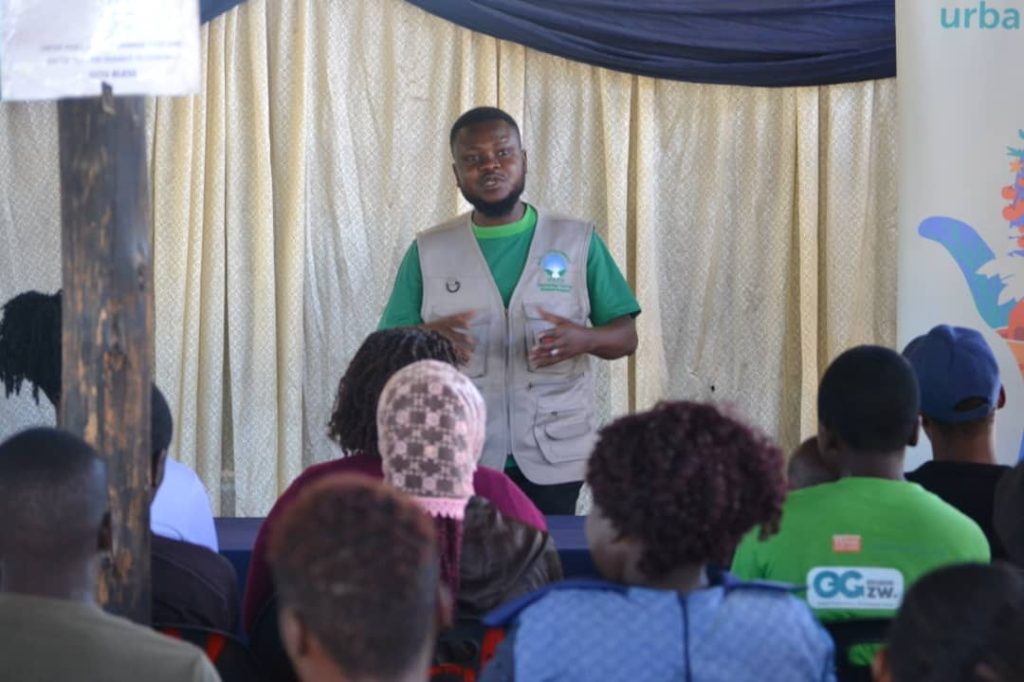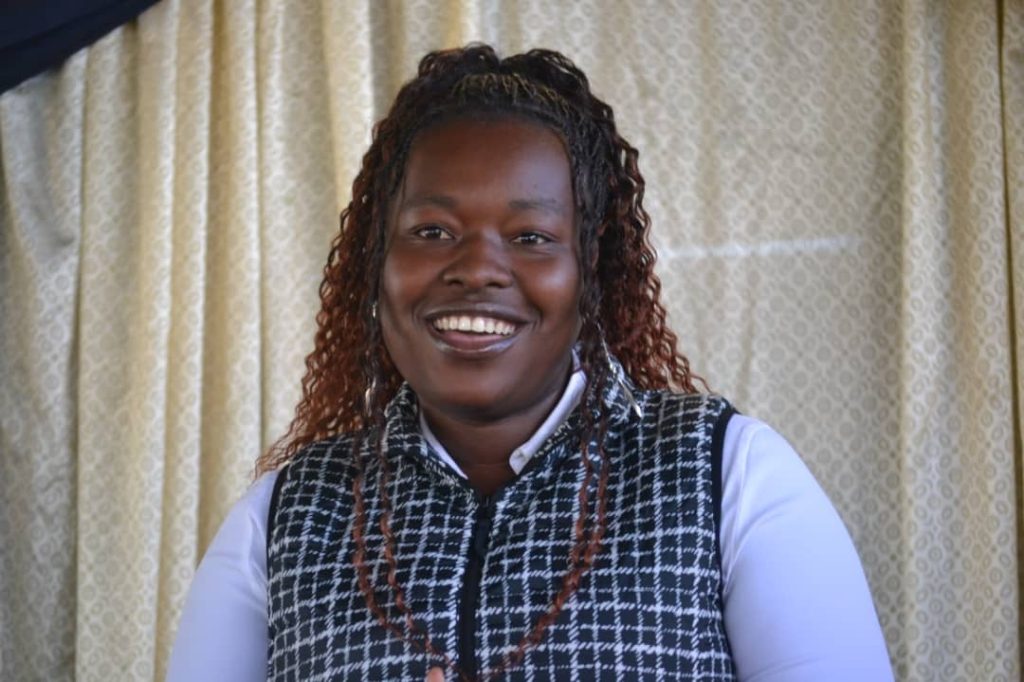By Fanuel Chinowaita

MUTARE, 05 June 2025 – The Manica Youth Assembly (MAYA) is spearheading a food systems resilience program under HIVOS in partnership with Green Governance Trust Zimbabwe (GGZ) and National Association of Youth Organisation (NAYO), targeting young people in Mutare’s Ward 1, Ward 19, and Sakubva as part of a broader regional initiative being implemented across five countries.
The program, which is part of the “Green and Just Food Systems” initiative, is being rolled out in ten cities across Colombia, Ecuador, Indonesia, Zimbabwe, and Zambia.
In Zimbabwe, the initiative is focused in Mutare and Bulawayo, with Mutare singled out as a key hotspot due to its geographical and agricultural significance.
Speaking during an engagement session with youths, MAYA Programs Officer Tinashe Muzama said Mutare was strategically important for the program. “Mutare serves many districts, has fertile soil, and lies close to the border, making it a central point for intervention,” said Muzama.
He emphasized the growing threat to food security posed by rapid urbanization and climate change.
“The intersection of artificial intelligence (AI) and food security is increasingly recognized as critical. As people migrate to urban areas, our food systems are strained, leading to increased inequalities. Youth are major stakeholders in urban communities, so we are working to bridge the gap and promote awareness of nutritious food,” Muzama added.
Muzama also raised concern over rising health complications among young people, attributing them in part to poor dietary habits.
“Diseases like diabetes and cancer, which were rare among youths in the past, are now common due to unhealthy food consumption. We want to educate young people about food systems that promote a sustainable environment,” he said.
He further encouraged the creation of backyard gardens despite land shortages.

MAYA’s Environmental Officer, Tanaka Tekeshe, also addressed the youths, urging them to embrace traditional foods such as rapoko, millet, sorghum, madora (caterpillars), nyevhe (blackjack), and muboora (pumpkin leaves).
“These foods are nutritious and can protect us from various diseases. We also encourage young people to grow these crops and turn them into viable business ventures,” she said.
The program continues to engage youths across Mutare, fostering a new generation of environmentally conscious and food-resilient communities.
